Description
Bio: Beth Bentley’s work has been published in dozens of journals and anthologies, including The New Yorker, Poetry, The Atlantic, Paris Review, Poetry Northwest, The Nation, Saturday Review, Seattle Review, and Fine Madness. Her collections include: Little Fires (1998); The Purely Visible (1980); Philosophical Investigations (1977); Country of Resemblances (1976); Field of Snow (1973); and Phone Calls from the Dead (1972). Beth also selected and edited The Selected Poems of Hazel Hall (1980). Her awards and honors include: Montalvo Award, 1987; Washington State Governor’s Award for Phone Calls from the Dead and for Country of Resemblances; Bookseller’s Award for Phone Calls from the Dead; and a National Endowment of the Arts fellowship, 1976/77. She was a fellow of the NEA in 1978 and that same year read at the Library of Congress. She took several trips to France in the 1970s while working on translations of contemporary French women poets. Her play about the Bronte sisters, “Speak, Radiant Angel,” was produced by Seattle’s Readers’ Theater. She taught poetry in the Northwest and elsewhere for over 30 years, including the course “Writing Contemporary Poetry” at the UW from 1980 to 1992. She also founded and directed the Northwest Poets’ Reading Series at the Seattle Public Library from 1960 to 1974, and taught poetry to children at the Kirkland Arts League, as a Poet-in-the-Schools for Tacoma Public Schools and Lake Washington School District, and at the Cornish College of the Arts in the 1970s.
Praise (the full review quotes) for Beth Bentley
“Beth Bentley has always engaged her art in the interest of artists whose stories have spoken to her sense of fairness and hidden, often unrealized, talent. In Missing Addresses she locates herself in relation to Gerard Manley Hopkins, Anne Frank, Virginia Woolf, Van Gogh, Proust, Magritte, Kafka and Darwin.… Her writing, dense with remembered moments, blazes with sudden intensity. The little lost address book in the long final poem names those…who have fallen away or fallen behind as the poet’s life carried on, resisting the winding down of all life to a rest. So the names, famous and private, become waypoints to navigate changes in the felt life of the self. And finally what are recovered are moments…of enduring purpose and depth, living deeply, passing the thermos around till it’s gone, swimming at night under stars.” —Paul Hunter, Breaking Ground, Mr. Brick & the Boys, and Stubble Field
“How fulfilling it is to have this new collection of poetry by the late Beth Bentley and to see again how deftly she fuses lyric and narrative impulses. The poems in Missing Addresses draw from Bentley’s passions: art and literature, germination and abatement, existence and memory. In five carefully arranged sections, the book reveals the breadth of her reflections, whether the focus is her private garden or the interior lives of Magritte, Kafka or Proust. And always, in poem after poem, her genius for metaphor shines. Here are the opening lines of ‘The Old Jewish Cemetery, Prague’: ‘A stone village has been dropped from the sky,/gray pointed roofs perilously tilted,/jutting upward like capsized hulls./In a crowded sea, they are their own waves,/immobilized motion.’ How stunning the last phrase, how perfectly it reflects not only the magnitude of the individual poem but the magnitude of poetry itself, a magnitude displayed on every page of this remarkable book.” —Linda Bierds, The Hardy Tree, Roget’s Illusions, and First Hand
“Missing Addresses holds the music, forms, astute observations, and wit of Beth Bentley’s finest work. We are transported to Prague, Amsterdam, Paris, and Patagonia. Beth is a master of figurative language: ‘wisteria, that fragile traveler…’ (‘Over Goldengrove Unleaving’). In ‘An Ordinary Day in Seattle,’ the poet rakes leaves, then watches a movie where bodies mimic fallen leaves: ‘Khaki, with glimpses of red, they lay / as if blown there…’ Her obsessions reside in systems of oppression…and the difficulties of race: ‘I watched Julian learn / there’s no such thing / as being half a Jew’ (‘Letter from Amsterdam’). This volume is, quite simply, a tour de force.” —Judith Skillman, House of Burnt Offerings, Premise of Light, and The Phoenix
“I felt sad when I read Missing Addresses, Poems by Beth Bentley, because the writing is so good and because there won’t be any more. Always crafted with a bit of steel and wit with surprises that stick the endings. Bentley writes in ‘Over Goldengrove Unleaving’: ‘What is the winter for? To remember love, / wrote Roethke.’ Remembering love is how Bentley leaves us. Just as with someone flipping through an old address book who sees the names of those no longer among us, an image or sound returns that resonates for a long, long time.” —Sharon Hashimoto, The Crane Wife and More American
“Underlying both celebration (‘the smoke tree flares, the last miracle, a burning bush’) and rueful lament (‘I would rise and go now, but there is no Innisfree’), minor chords thrum throughout Beth Bentley’s poems—of her own aging and its attendant losses, and her Jewish ancestry. While no poem is ‘typical,’ a characteristic poem ostensibly about a crow moves to jackboots and addresses Jeremiah—‘old boy, as usual you’re too late…the damage is done…’ Nimble and often playful, she is never less than deadly serious. A tight, double sestina moves from idyllic scene to murder mystery to ominous meditation on rumor.… [A] fine, overdue collection.” —Anne Pitkin, Yellow, Winter Arguments, and But Still, Music
“Missing Addresses begins by inhabiting familiar feelings of loss and wry hope the poet experiences when readying her garden for winter; her subjects expand ever outward to other places and people, some of whom she addresses directly and some whom she unerringly becomes. One of the most poignant (and unfortunately timeless) moments occurred for me, a fellow Jew, in the poem ‘Letter from Amsterdam,’ where uneasy currents from the past flow into the present and the future when, at Anne Frank’s house, Bentley watches her daughter ‘learn / there’s no such thing / as being half a Jew.’ Later, writing about Marianne Moore, Beth could be describing her poetry and herself with: ‘the likelihood / of a sudden sharp slash into our banal realities.’ From that startling sometimes painful cut, new ideas rise as we read, and our banal days flower into brilliance.” —Sherry Rind, The Storehouse of Wonder and Astonishment, Between States of Matter, and A Fall Out the Door
“Beth Bentley is a major force in the Northwest school of poets, but never tied solely to the region…. She writes with sharp imagistic detail, illuminating her physical and psychological landscapes.… [She] shines light into her curious, extraordinary mind. Beauty and brutal honesty are juxtaposed; elegy, memory and intrigue follow one on the other. The world has lost a fine writer and we still hear her: ‘The grown woman recalls that lighted square; / her wonder at the pure, visible world / that lives on in her… / In a country where / nothing changes, yet all is new, she moves / toward the beckoning glimmer of her real life…’” —Daphne Davies, Hazel’s Star
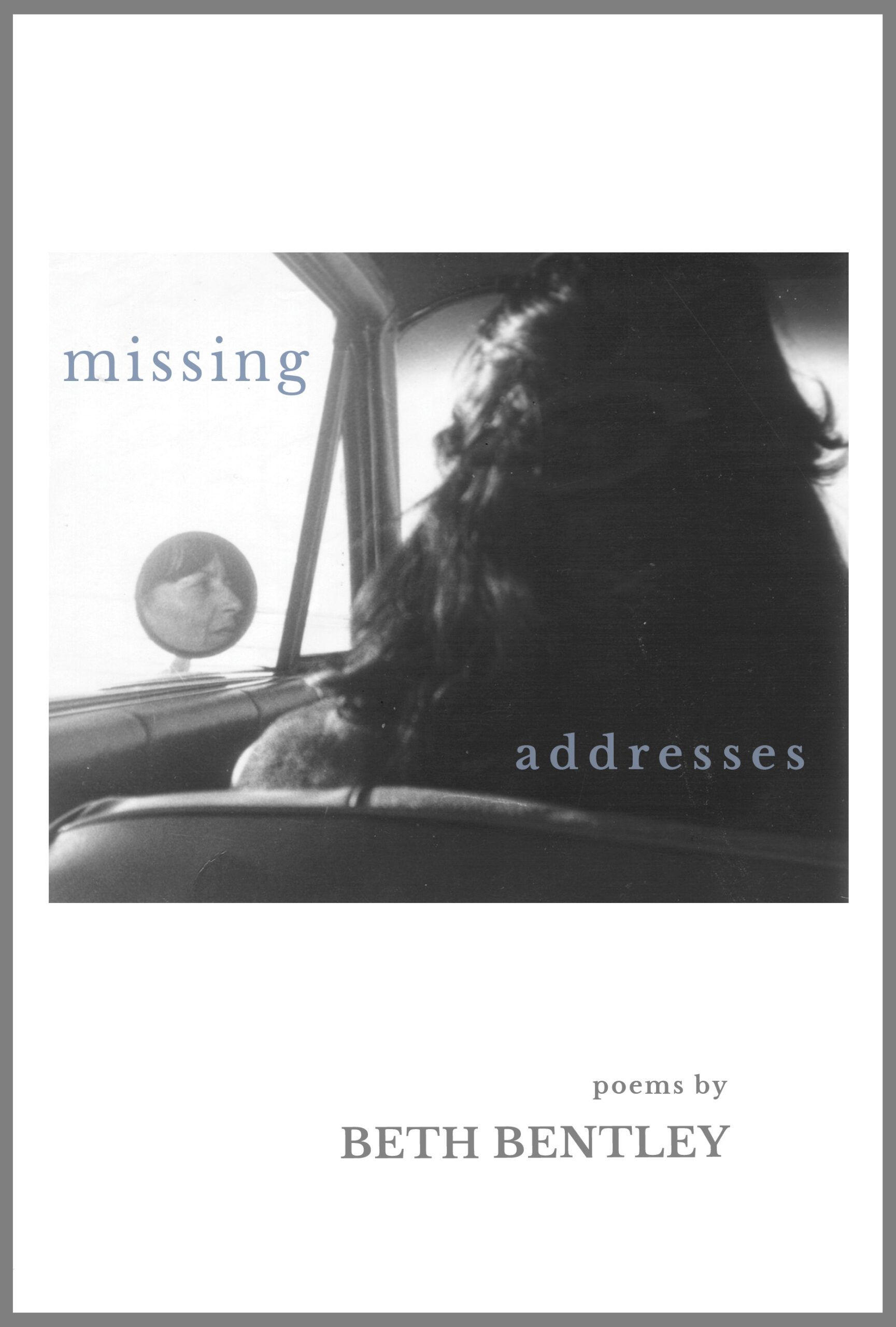
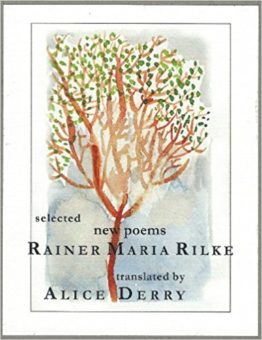
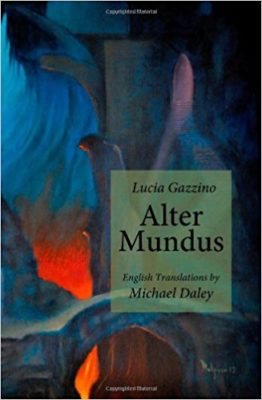
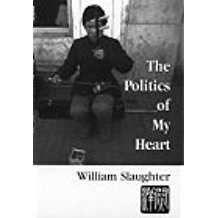
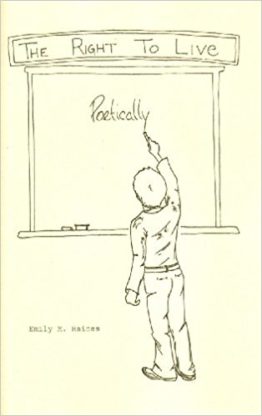
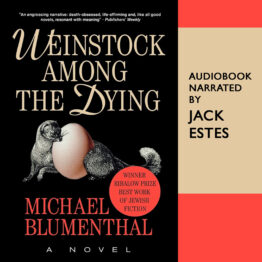
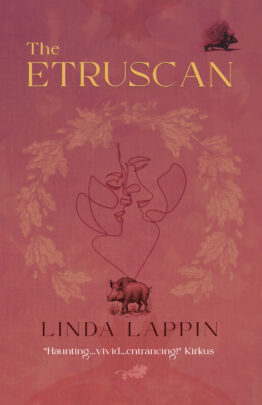
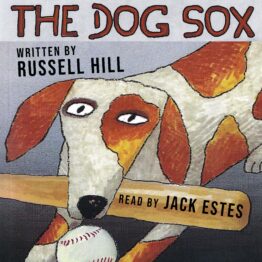
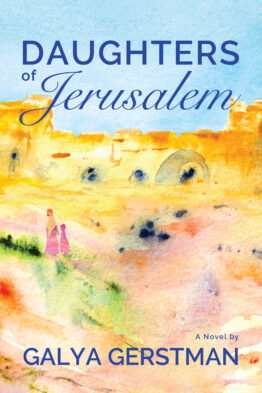
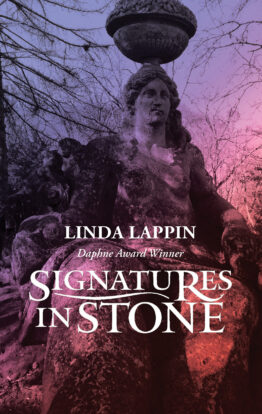
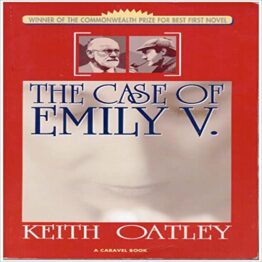
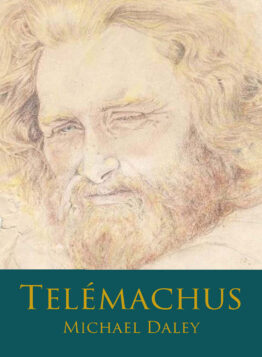
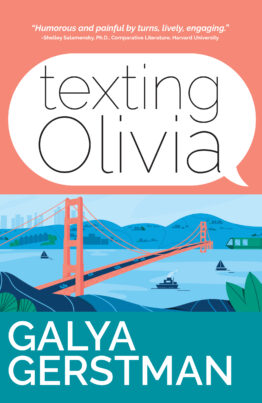

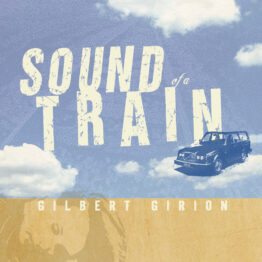
Reviews
There are no reviews yet.